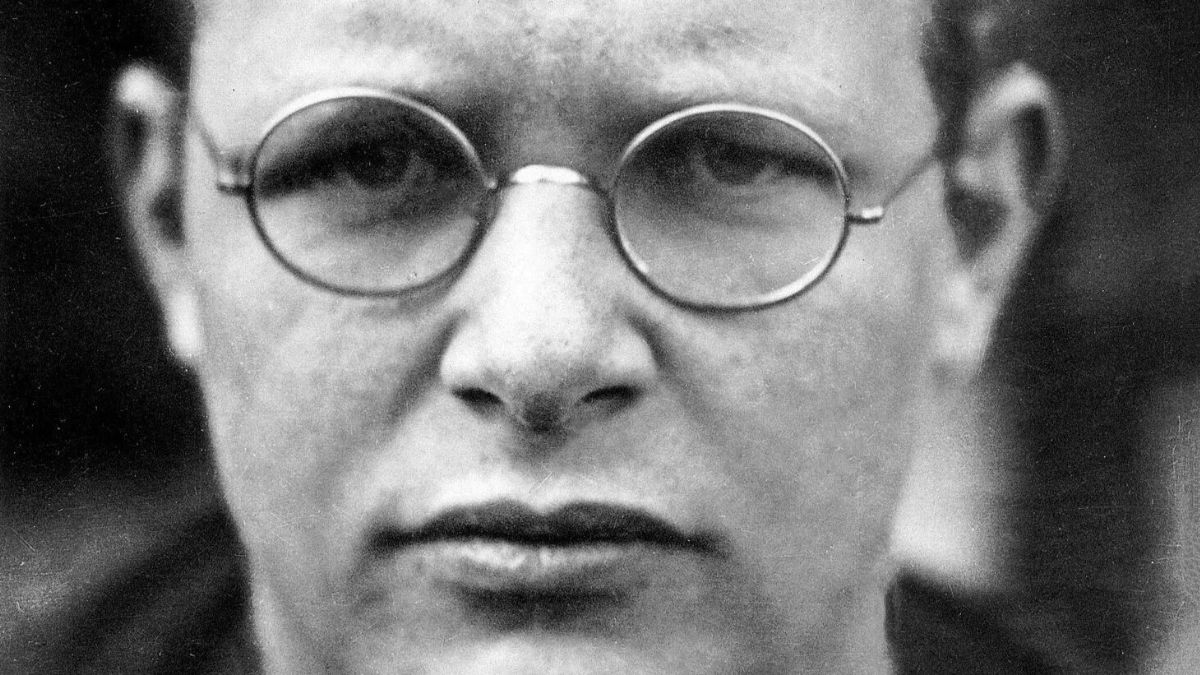


[Note: The reviewer has a professional relationship with the author. This review contains some spoilers.]
Twelve-year-old Isobel is carrying the weight of the world on her shoulders. It’s 1918, and her father is serving as a medical officer in World War I. Before he left, he told Isobel she was “the responsible one,” and that he trusted her to look after her rambunctious little sister, Sylvie, and help their mother. But all the responsbility and the worry are wearing Isobel down.
But when the family goes to visit her mother’s sister in Hollywood, California, Isobel finds a distraction more absorbing and exciting than anything she could have dreamed of. Her step-cousin, Ranger, is obsessed with films and filmmaking, and he quickly conscripts Isobel and Sylvie to star in the amateur movie he’s secretly making with his friend Sam. Isobel goes along under protest at first, but before long she’s having so much fun, and making so many new discoveries, that she can barely remember what responsibility feels like.
Then a shattering letter comes from her father, and Isobel will need to rely on everything she’s learned about strength, resourcefulness, and finding new ways to look at things.
J. B. Cheaney’s middle-school novel “I Don’t Know How the Story Ends” is a delight. It’s full of wise observations about storytelling, the creative process, family, and friendship, seamlessly woven into a thoroughly entertaining narrative. The author’s Christian faith rarely comes to the forefront of the story, but its quiet, strengthening presence makes itself felt at key moments. The plot is full of compelling twists and turns, and Ranger, Isobel, Sam, and Sylvie are the kind of characters who make a reader long to spend time with them for real (though Sylvie’s antics might be a little strenuous to deal with).
As in Cheaney’s previous novel for preteens, some elements and themes may be a bit heavy for younger readers. These include Isobel’s alarm about her mother’s flirtatious behavior with some of the Hollywood entertainers they meet (this ultimately leads to nothing, but it does look suspicious at the time), and the descriptions of her father’s war injuries. Additionally, Mary Pickford and Douglas Fairbanks’ extramarital affair (the book is full of names that will be familiar to classic movie fans) is hinted at during a party scene. It’s implied that Sam’s father hits him — though the seriousness of this is downplayed somewhat — and Ranger has to deal with bullies who mock his half-Indian heritage and complexion. There’s an occasional mild swear world, and mention of smoking (underage) and drinking (adult).
In some ways, in fact, the kids seem to be more mature than many of the adults — though there are notable exceptions, including Isobel’s warm, kindhearted, and endlessly patient father. But a lot of sneaking around and some deceit occurs during the making of the movie, as Ranger doesn’t want any of the adults to know about it until it’s finished. Though all is revealed in the end, some parents might be concerned about how the story gets there.
On the plus side, it’s heartening and refreshing to have a story from a Christian author that shows people engaging creatively with the world of film. Granted, that world was a very different place in 1918 — though Ranger’s description of a movie he sneaked into without permission reminds us that even in those days, not all films were pure as the driven snow. But the focus is on the hard work and tough decisions that go into writing an effective story and capturing it on film, and anyone who’s passionate about movies — their history, their making, or just watching them — will be fascinated by this aspect.
“I Don’t Know How the Story Ends” makes a strong case for involvement in creative arts like filmmaking. And it reminds us of all we can learn about real life through stories — especially that we can’t always control the outcome, either in fiction or in reality. But at the same time, despite some dark and serious moments, it’s just plain fun.
Image copyright Sourcebooks Jabberwocky. Review copy obtained from the author.
Gina Dalfonzo is editor of BreakPoint.org and Dickensblog.
Have a Follow-up Question?
Want to dig deeper?
If you want to challenge yourself as many others have done, sign up below.
Webinars
Short Courses
Up
Next














